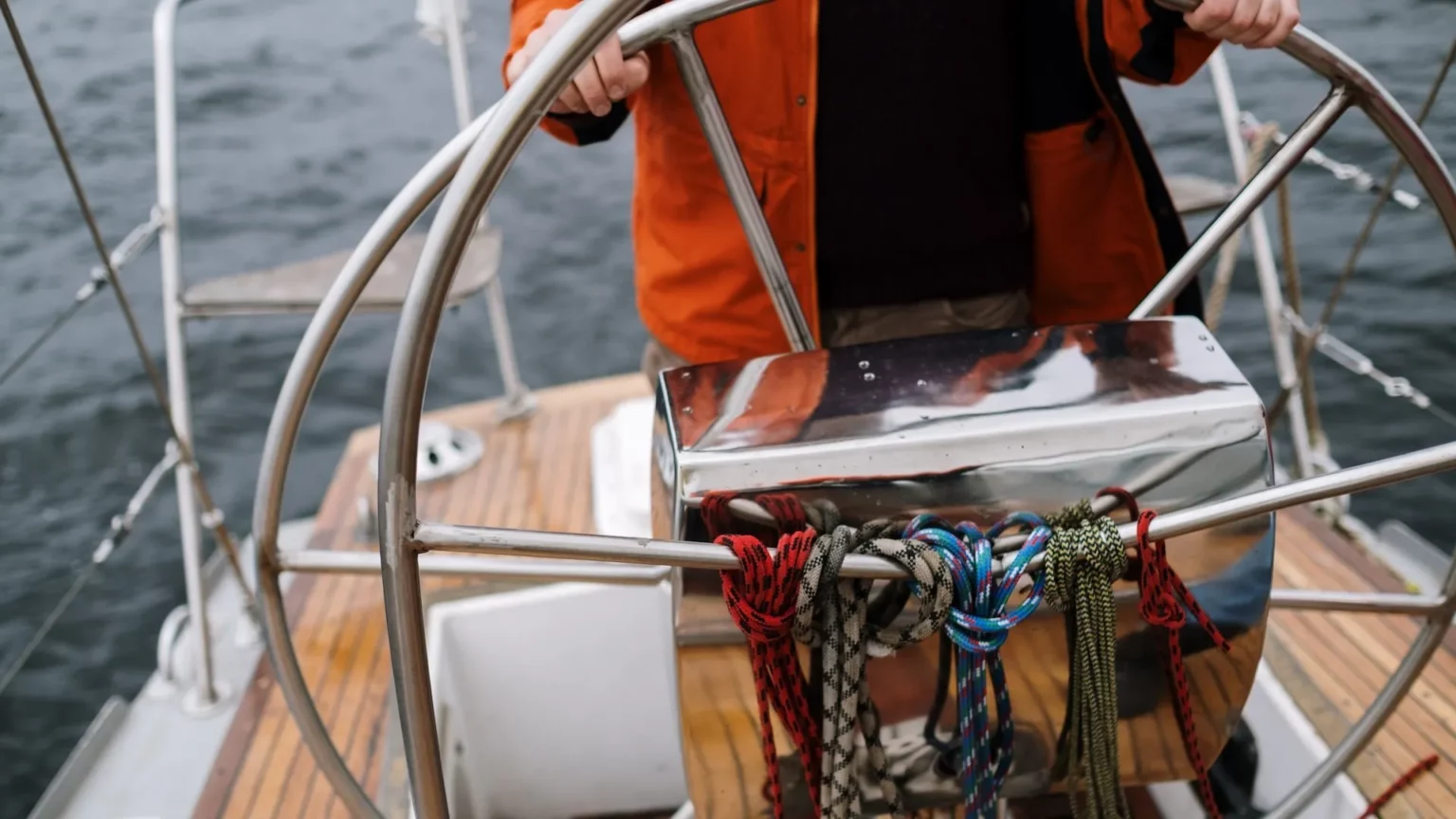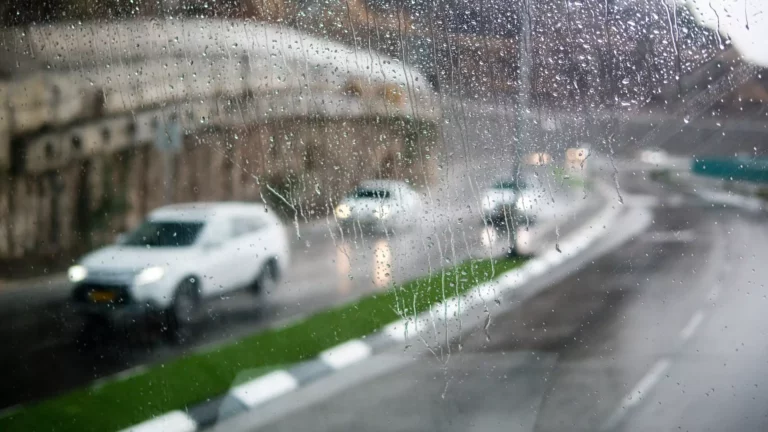Boating Accident Injuries – How to Sue for Damages?

It is important to discuss your options with a qualified legal professional after being involved in a boating accident. A personal injury lawyer can help you understand the laws surrounding boating accidents and advise what steps are necessary to ensure fair compensation. Your lawyer will be able to explain the various damages that can be claimed, such as medical expenses, lost wages, pain and suffering, loss of earning capacity, and long-term care costs.
Acting promptly following the incident can prevent further financial hardship from compounding any physical or emotional trauma experienced by the accident. Filing a claim for damages does not have to cost you anything upfront; most lawyers work on a contingency fee basis meaning their fees are only paid if they win your case.
No one should have to bear the burden of financial losses and suffering caused by a boating accident alone. Seeking legal counsel can provide you with peace of mind that your case is being handled properly and that you will receive the compensation you deserve. Contacting a personal injury lawyer as soon as possible after an incident ensures that all evidence is collected promptly and that no time limit expires before filing a claim.
Can I file a lawsuit after a boating accident?
In New Jersey, an individual may file a lawsuit if they have suffered an injury due to the negligence of another party in a boating accident. The statute of limitations for filing a personal injury lawsuit is normally two years from the date of the accident. If the victim does not file their claim within that timeframe, then their case will be dismissed by the court. To successfully win compensation, the injured party must prove that their injury was caused by someone else’s negligence and not by any fault or carelessness on their part.
The types of damage available in such cases include medical costs, lost wages, pain and suffering, emotional distress, and property damage. In addition to seeking compensation for your injuries, you may also be able to seek punitive damages, which are meant to punish the other boater for their negligence.
To increase your chances of winning a successful outcome in court, you must hire an experienced New Jersey personal injury attorney who understands local laws and regulations regarding boating accidents. An experienced lawyer will be able to assess your case and build a strong case on your behalf that can help you receive the maximum compensation to which you may be entitled.
With the right legal representation, you can rebuild your life after the devastating New Jersey boating accident and get justice for the suffering you have endured. Contact a qualified attorney today if you believe that someone else’s negligence caused your injuries or losses.
What are my damages in a boating accident lawsuit?
In cases of New Jersey boating accidents, the injured party may be eligible to recover damages such as medical bills, lost wages due to time away from work, pain, and suffering, property damage repair or replacement costs, loss of consortium (the loss of affection or companionship of a spouse), and punitive damages. Medical bills can include hospital stays, doctor’s visits, physical therapy sessions, prescription medications, and medical devices or equipment.
Lost wages would cover any income lost while the victim was away from work recovering from his or her injuries. Pain and suffering are a form of non-economic damage that compensates the victim for emotional distress suffered due to the injury. Property damage includes damage done to boats and other personal items involved in the accident. Loss of consortium can be awarded to a spouse in cases where the injured party’s inability to provide affection, comfort, and support has caused emotional distress.
Punitive damages are typically reserved for cases involving extreme recklessness or intentional misconduct and are generally much higher than compensatory damages. In addition, the victim may be able to recover costs associated with filing legal documents, such as court fees. These types of damages can help compensate the victim for his or her losses after a boating accident in New Jersey. Any potential claimant must contact an experienced attorney as soon as possible following an injury incident to ensure their rights are protected and they receive the compensation they deserve.
Furthermore, the victim’s attorney may be able to collect damages for loss of care, guidance, and support. These can include expenses such as childcare costs or payments to a caregiver who helps with everyday activities that the injured party is no longer able to perform. Loss of enjoyment of life damages is also recoverable in some cases if an injury prevents the victim from participating in activities they previously enjoyed.
In addition, punitive damages may be awarded in especially egregious cases. Punitive damages aim to deter similar conduct by punishing wrongdoers and acting as a deterrent to future misconduct. Potential claimants need to contact an experienced attorney following a boating accident to ensure their rights are protected and they receive the full extent of damages to which they are entitled.
By seeking legal help, the victim of a New Jersey boating accident can make sure all possible damages are considered and that their rights are fully protected. An experienced attorney will be able to assist in calculating the value of all types of damages, including economic and non-economic, punitive, property damage repair or replacement costs, loss of consortium, medical bills, lost wages for time away from work due to injury recovery, and other expenses related to the incident. With the right professional help on their side, victims can rest assured that they are receiving the fair compensation they deserve.
Who can I sue after a boating accident?
Several parties could potentially be held responsible for a New Jersey boating accident. These can include the boat operator, boat manufacturer, dock owner, marina owner, harbor master or harbormaster, and even other vessels in the proximity of the incident.
The boat operator may be held liable if he or she failed to operate their vessel safely and reasonably according to accepted maritime laws, or if they acted recklessly when operating it. Additionally, the boat operator may be responsible for any damage caused by their negligence or inattention.
The manufacturer of the vessel could also be liable if there was an issue with its design that resulted in injury or death on board. In this case, the manufacturer could be found negligent in how they designed and manufactured their product.
The dock owner or marina owner may also be held responsible if the environment was not adequately safe for boating activities, such as a lack of lights or proper signage to alert boaters of possible dangers.
The harbormaster may also be liable if they failed to provide adequate safety measures for boats entering or leaving the harbor. For example, if there were no buoys to alert other boaters that a vessel was entering or leaving the area, this could result in an accident occurring due to another boat’s negligence.
Other vessels in proximity may also bear responsibility for an accident if they failed to act with reasonable care while navigating the harbor or if their negligence contributed to the incident.
Ultimately, it is up to the court’s determination to decide who may be held liable for a New Jersey boating accident. It is important to consider all potential parties to ensure that justice is served.
Can the family file a lawsuit if a loved one drowns in a boating accident?
The family of a loved one who has drowned in a boating accident is allowed to bring a lawsuit against the responsible party on behalf of the victim. In New Jersey, wrongful death lawsuits can be filed when someone dies due to another person’s negligence or recklessness. The types of damages the family may seek to include medical expenses, funeral and burial costs, loss of future earnings, pain, and suffering endured by the deceased before their passing, as well as any other losses incurred by the victim’s survivors.
For a wrongful death lawsuit to successfully proceed in New Jersey courts, it must be proved that another person was at fault and caused the death through their careless or intentional actions. If successful in court, families may receive monetary compensation for their losses. It is important to note that wrongful death lawsuits must be filed within two years of the incident, or the family may lose their right to sue. It is recommended that families seek advice from a qualified attorney who can best help them to navigate the claims process.
It is understandable for families who have lost a loved one in such a tragedy to feel overwhelmed and helpless. While no amount of money can replace a life, it may provide some much-needed financial relief and closure for those affected by this unfortunate event. Seeking legal counsel is highly advised when considering pursuing a wrongful death lawsuit, as experienced attorneys will know how to best handle these cases and maximize possible compensation for the victims’ families.
Can I file a lawsuit if I was drunk?
In the state of New Jersey, a person who has been involved in a boating accident cannot file a lawsuit if they were intoxicated at the time. This is because intoxication may serve as evidence that their judgment and reactions were impaired, therefore making them responsible for the incident. Even if another party was engaging in reckless or negligent behavior on the water, an individual’s intoxication still carries legal consequences and could lead to severe penalties.
If someone involved in a boating accident has consumed alcohol before operating the vessel or while on board, they will not be able to sue for damages, regardless of any other factors that contributed to the collision. Furthermore, if proven guilty of intoxication while operating a boat resulting in injury or damage, the individual may face hefty fines or even imprisonment.
In conclusion, individuals should be aware that operating a boat under the influence of drugs and/or alcohol is against the law in New Jersey. Therefore, it is important to remain sober while boating and to avoid any behavior that could potentially cause harm or injury to oneself or others. Doing so will ensure that everyone remains safe on the water, while also avoiding legal repercussions associated with intoxication.
Related Blogs
No Fee Unless
GGL Wins
We've got you covered.
We are available 24/7/365
One of our advisers will contact you.

OFFICIAL PARTNER OF RUTGERS ATHLETICS



Recent GGL Wins
Auto Accident
Mediation award Plaintiff was injured in an intersection motor vehicle collision resulting in neck and lower back fusion surgeries.
$2 Million
Verdict
Workers' Compensation
25-year-old laborer died in an industrial accident while working.
$1.15 Million
Verdict
Construction Accident
Roofer fell off roof causing head trauma resulting in a head injury. Plaintiff was not given fall restraint protection equipment by contractor.







